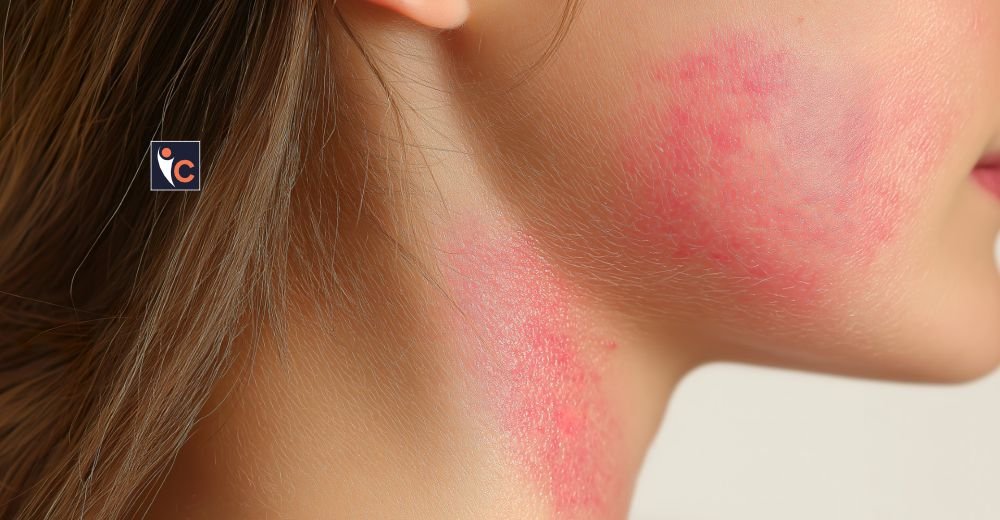Allergy Alert List
The skin covers our whole body and is very sensitive. Skincare can help, but some things in products may make it red, itchy, or swollen. If your skin is sensitive, it helps to know what to avoid.
Here are 10 common ingredients that can trigger reactions.
Fragrances
The most frequent skin care allergens are fragrances. The perfume effects a smell to the products that makes them smell good but are usually synthetics; that can irritate the skin. Even fragrances that are referred to as unscented; they have covering fragrances that also lead to reactions. The symptoms commonly are red bumps, itchy bumps. People having sensitive skin should prefer products that do not include fragrances.
Parabens
Normal preservatives- Parabens are preservatives used in skincare products to make sure that harmful bacteria and mould do not grow. The most popular parabens include Methylparaben, propylparaben and butylparaben. Parabens are not toxic, and can be allergic to others and lead to rash, stingy and contact dermatitis. The ones who already have skin issues should opt to use paraben free products.
Sulfates
These sulfates are sodium lauryl sulfate (SLS), sodium laureth sulfate (SLES) are detergents used in cleaners, shampoos and body washes to produce the foaming effect but can strip the skin of it natural oils, leaving it dry and irritated. Redness, itchiness, or even outbreak of eczema can come as a result of sulfates on the sensitive patients. Gentler substitutes can be sulfate-free clearsers.
Formaldehyde and Formaldehyde-Releasing Preservatives.
Formaldehyde is one sturdy preservative and part of ingredients such as DMDM hydantoin or quaternium-15 secrete small quantities with time. They make the product last longer but are very much allergenic and irritate, leave a rash, itchy and stingy. People afflicted with contact dermatitis should be sprayed with formaldehyde-free products.
Alcohol
The alcohols include denatured alcohol, isopropyl alcohol and ethanol and are used in skincare since they are drying fast and astringent. They are extremely drying, and irritant particularly to a sensitive or arid skin. Excessive application will likely end up creating redness, stinging, and the aggravation of diseases such as eczema. Be careful of fats with respect to those fatty alcohols such as cetyl, or stearyl alcohol, which are much milder.
Lanolin
Lanolin comes from sheep’s wool. It’s often used in creams and lip balms to lock in moisture. Some people are allergic and may get redness or itching. If you react to wool, avoid products with lanolin.
Essential Oils
Oils like lavender, tea tree, and peppermint are called natural and calming, but they can sometimes make your skin react. Sunlight can make it worse. Always try a little bit on your skin first before using it all over.
Retinoids
Retinoids, such as retinol and tretinoin are lauded due to their anti-aging effects. They are however powerful compounds that can irritate the skin especially on initial introduction. The reactions can be redness, peeling, and burning. Individuals whose skin is sensitive or prone to allergies should begin with low concentrations and apply them under the supervision of a dermatologist.
Synthetic Dyes
Sensitive persons can have an allergic reaction at the presence of artificial colors and dyes, which are common in cleansers, serums, and makeup products. They can result in rashes, redness or itch. To minimize these reactions, it is possible to select the products with labeling dye-free.
Nickel and Other Metals
Some skincare items, like tools or containers, might have tiny amounts of nickel or other metals. If you’re sensitive, your skin can get red, itchy, or swollen where it touches the metal.
Conclusion
Knowing the best triggers in skincare, you can make good decisions, as well as avoid useless irritation of your skin, and still receive the skincare benefits of a good schedule.





